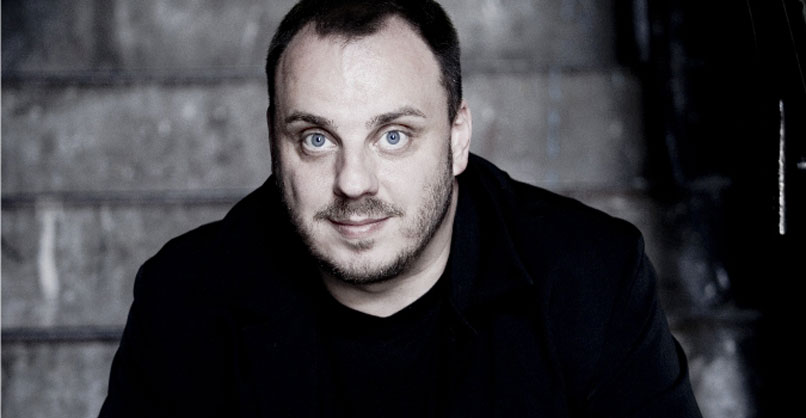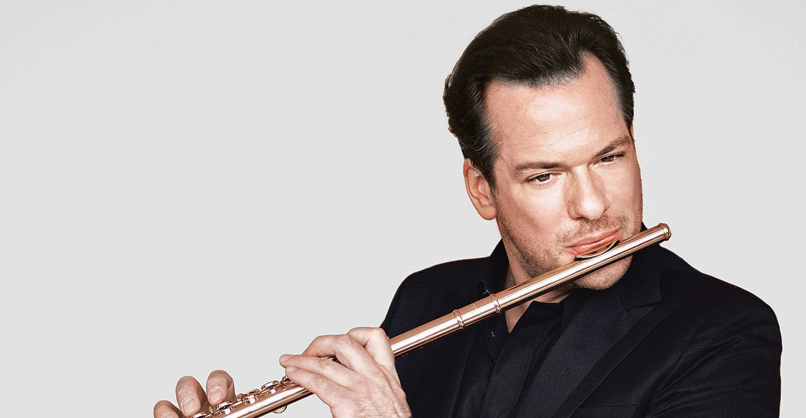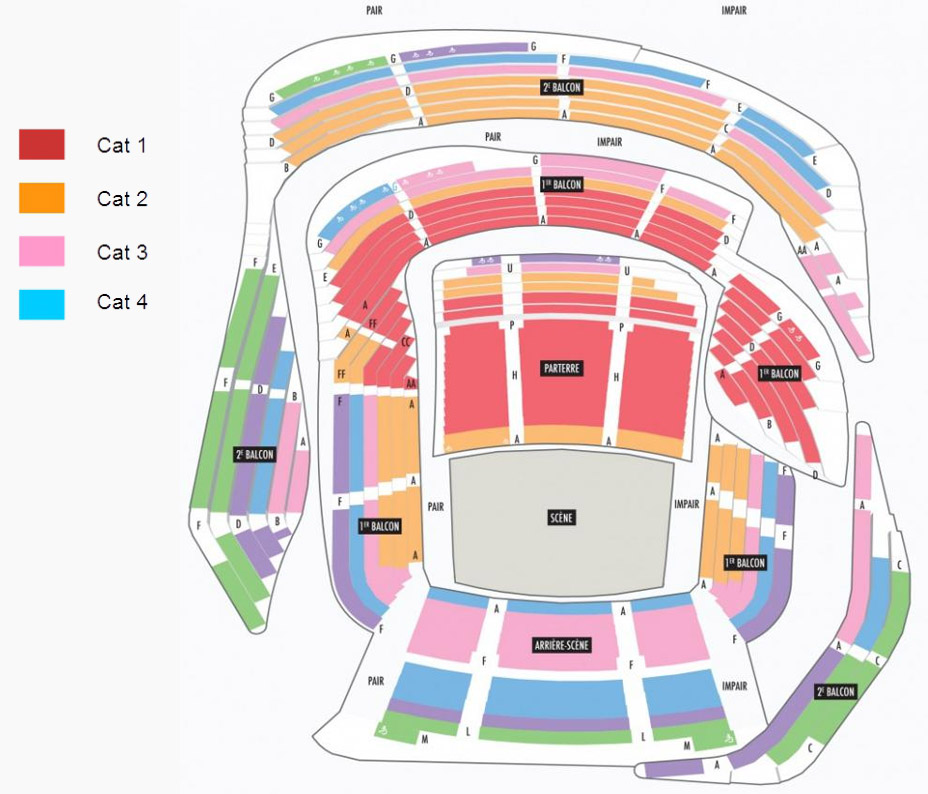- Venue's Capacity: 2400

matthias goerne © Marco Borggreve
Bartók Bluebeard’s Castle
Philharmonie (Grande salle Pierre Boulez) - Paris
 221, avenue Jean-Jaurès - 75019 Paris France
221, avenue Jean-Jaurès - 75019 Paris France
Philharmonie (Grande salle Pierre Boulez)
Synopsis
Bluebeard’s Castle
BLUEBEARRD'S CASTLE - EXPLORING THE RECESSES OF HUMAN PSYCHE
Hungarian composer Béla Bartók, inspired by his poet friend Béla Balázs's libretto, conceived the one-act opera, Bluebeard's Castle.
It was first performed in 1918, Budapest. Together with Liszt, Béla Bartók is often considered the greatest composer Hungary ever produced. He was the founder of ethnomusicology, the effect of which could also be noticed in the music of Bluebeard's Castle. The opera initially failed to receive the critical acclaim it deserved. However, with the staging of Bluebeard's Castle at Maggio Musicale Fiorentino in 1938, it experienced a revival.
HISTORY
The solo act of the opera depicts the story of Bluebeard's evolving relationship with his new wife Judith and a peep into his own mind. The two have eloped and are on their way to Blubeard's citadel. The opera's main characters, Bluebeard and Judith, are also the only singers on stage.
The duke, Bluebeard's fortress is an ominously tall dark building with seven locked doors. On Judith's arrival at the scene Bluebeard gives her an opportunity to leave the place in case she does not wish to continue the association with the duke. She decides to stay and also requests the locked doors to be opened. Bluebeard expresses his misgiving, stating, those are private places and should not be explored by outsiders. He also begs Judith not to ask questions. However, he relents following Judith's persistence.
The first door opens to a torture chamber, stained with blood. As a repelled Judith carries on she finds a storehouse of weapons, a treasury, a secret garden and Bluebeard's vast kingdom behind second to fifth gates. Bluebeard pleads her to stop but Judith does not pay heed to his words. The sixth door reveals a lake of tears. At this point Judith accuses Bluebeard of murdering his former wives. She presumes it is their blood that stained Bluebeard's kingdom. Then Bluebeard hands over the last key to Judith.
The seventh door reveals Bluebeard's three former wives, all bejewelled and dressed immaculately. As they emerge silently, an emotional Bluebeard starts praising each of them and at last turns to Judith. A horrified Judith begs the duke to stop, but it proved to be too late. All of Bluebeard's wives, including Judith who is similarly dressed and wearing expensive jewelleries, disappear into a beam of moonlight. The seventh door closes slowly behind them. The duke faces desolation as all is consumed by darkness.
THE MAIN ROLES
Barbe-Bleu, baryton basse
Judith, soprano ou mezzo-soprano
Bluebeard's wives,silent
The characteristic expressionism of Béla Bartók's orchestra and the dissonance of the music heighten the intensity of this psychological drama. The minor second, an interval between two notes, has been successfully used as a reference to blood. The challenging chromaticism of both the vocal part and the haunting storyline make the stage performance of the opera a relative rarity.
Bartók prescribed the usage of large orchestra including the presence of cymbals, tamburo piccolo, celesta etc to evoke the feelings of a conflict ridden mind. The revelations of Bluebeard's subconscious world induce the audience to re-examination the dark abyss of their own souls.

You may also be interested by …

friday 29 November 2024

sunday 01 December 2024

monday 02 December 2024








